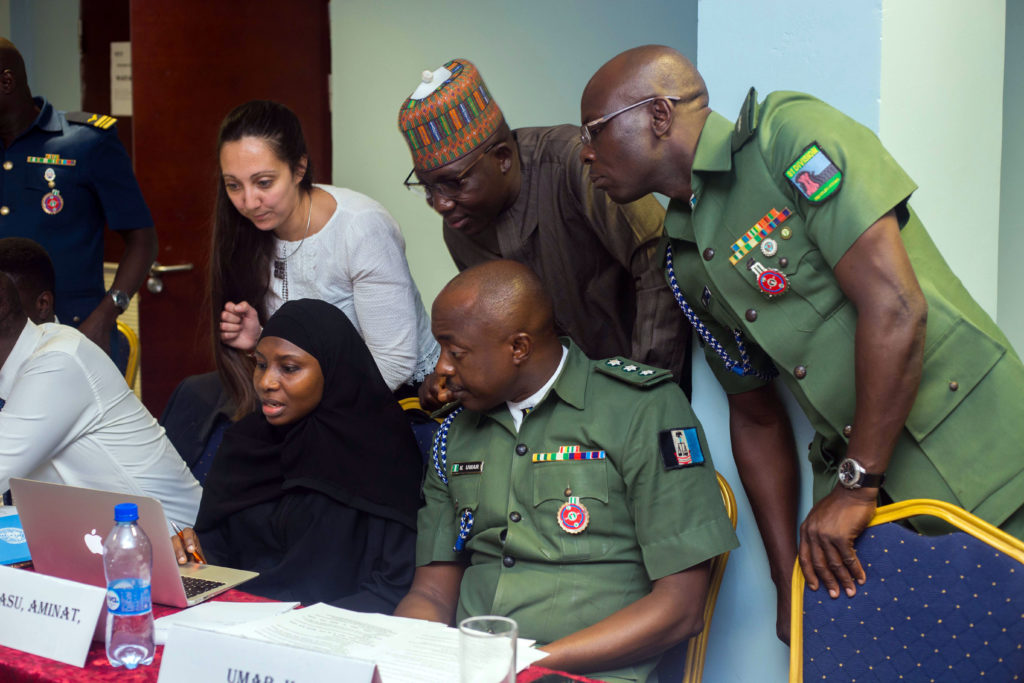
Wayamo Launches First Online Course
Launch of First Cyber Workshop by Wayamo Foundation Justice for Child Soldiers: children in armed conflict and responses to terrorism-related crimes committed by children In view of the constraints imposed by the current coronavirus pandemic, the Wayamo Foundation has met the challenge head-on by launching its first cyber workshop on one of the most traumatic and complicated aspects of the situation now prevailing in north-eastern Nigeria: the use of children in armed conflict, with its attendant human rights violations and consequences, human and legal. Our partners in Nigeria have all shown interest in the opportunity to continue engaging with Wayamo and its roster of trainers. The conflict in the North-East – with its human rights violations and atrocities – has not stopped with the onset of the pandemic. We therefore felt it was important that our programming didn’t stop either and that we adapted to the circumstances. The pilot two-month course will be given by a teaching team of six Nigerian and international experts, and is targeted at the specialised prosecutors who make up Nigeria’s Complex Case Group plus a handpicked group of military lawyers. The course format has been purpose-designed around an extended WhatsApp group with videos and Zoom live
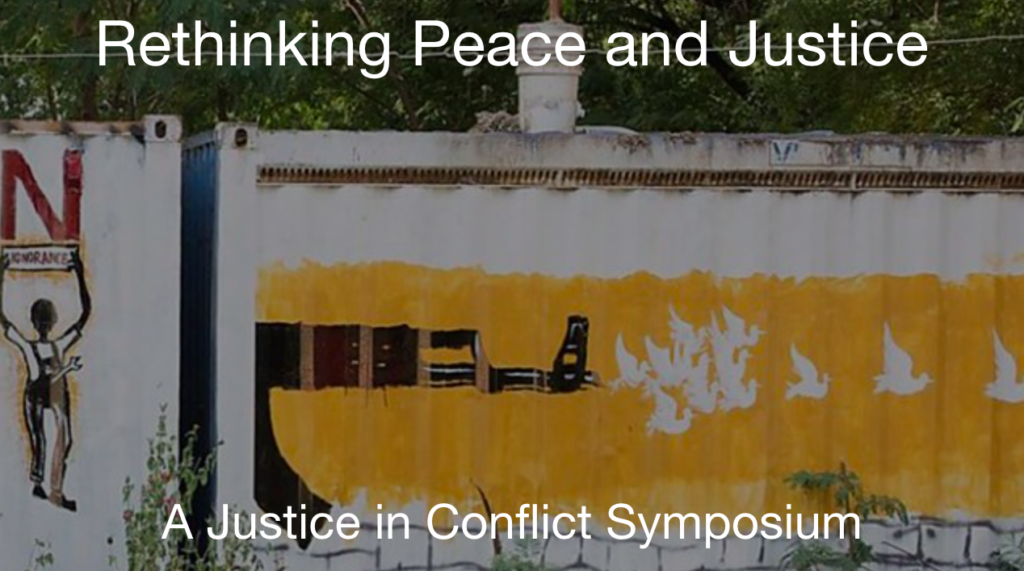
Online Symposium: Rethinking Peace and Justice
Over the next week, Mark Kersten, Senior Consultant at the Wayamo Foundation, will be hosting an online symposium on his Justice in Conflict blog on ‘Rethinking Peace and Justice’. The contributions to the symposium explore the pursuit of peace and endeavours to achieve justice and accountability for atrocities and human rights violations. They also respond to a recent report, by the same title, published by the Institute for Integrated Transitions. Posts include: Introduction, by Mark Freeman Rethinking Peace and Justice: Lessons from the Colombian Transitional Justice Experience, by Juan Carlos Botero and Mateo Merchán Rethinking Peace and Justice: A Balancing Act in Ukraine, by Sarah Dunne What Justice is to be Required before Aid to Syrian Reconstruction?, by Stephen Rapp Balancing Peace and Justice in Negotiated Transitions from Conflict in Asia, by Galuh Wandita Peace versus Justice, Round 10,000? Nah. Some Options for the International Criminal Court, by Mark Kersten “Rethinking Peace and Justice” Symposium: Concluding Reflections, by Ron Slye and Louise Mallinder
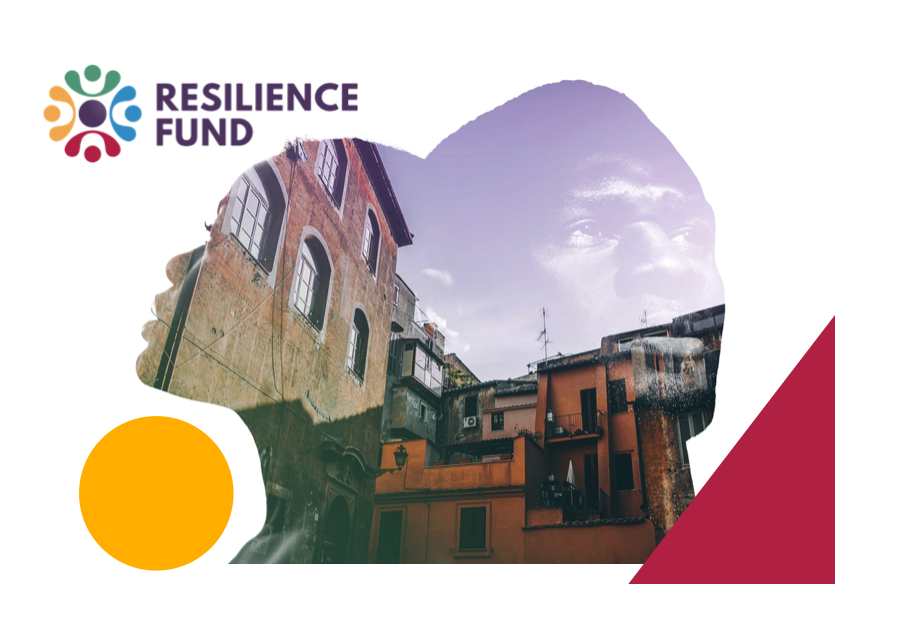
2020 Resilience Fellowship: Judie Kaberia
Wayamo Foundation East Africa Coordinator, Judie Kaberia, is among the ten winners of the 2020 Resilience Fellowship of the Global Initiative Against Transnational Organised Crime (GI-TOC). The Resilience Fellowship is part of the Resilience Fund launched in May 2019 on the margins of the UN Commission on Crime Prevention and Criminal Justice in Vienna (Austria), a grant-making mechanism managed by GI-TOC to support local organisations and individuals in their efforts to “counter the effects of organised crime”. The 2020 Resilience Fellowship seeks to address “Disappearances Related to Organised Crime”, a task that will require Fellows to become ambassadors in raising awareness and contributing to countering organised crime and violence. In the course of the fellowship, the cohort of ten will focus on killings by organised crime groups, missing migrants travelling from Africa to Europe, human trafficking and the harvesting of human organs, and arbitrary and unaccountable detentions. The initiatives launched by the Fellows are expected to respond to the effects of transnational organised crimes, with the aim of creating awareness, influencing policy, and campaigning for protection of human rights. Kaberia, a multiple award-winning journalist and media trainer with a track record of more than 10 years spent on international criminal
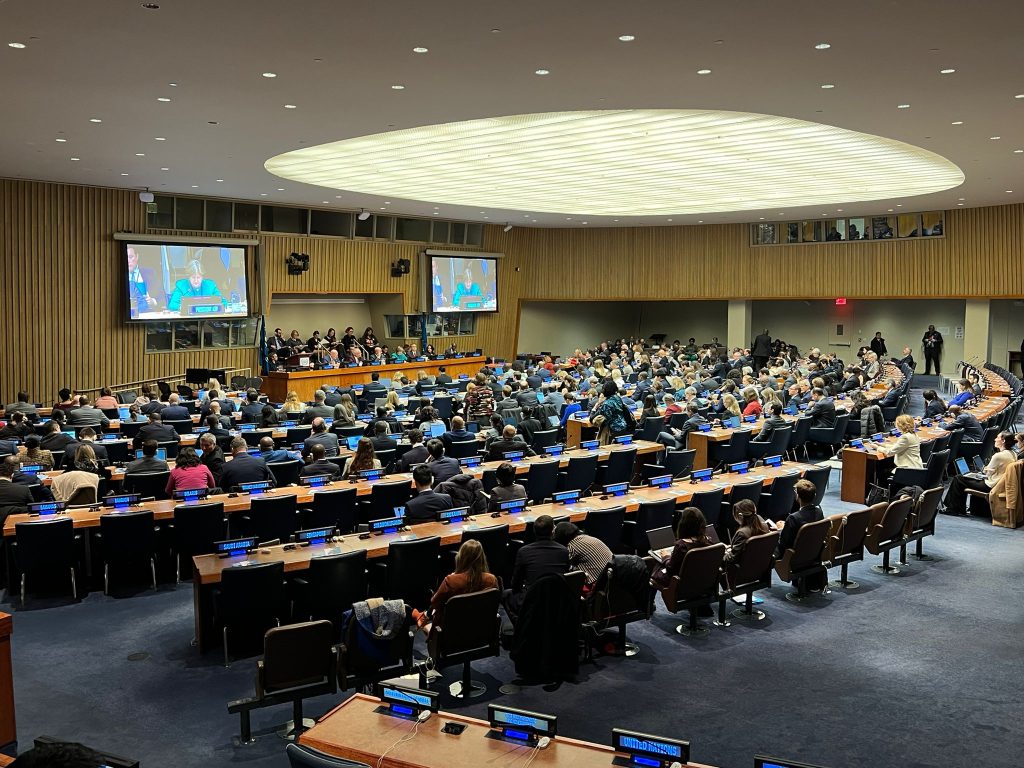
Wayamo hosts International Criminal Court Assembly of States Parties side event on Universal Jurisdiction, Open Source evidence, and accountability
The Wayamo Foundation, in collaboration with Switzerland, Liechtenstein, Germany, and France, is hosting a side event titled “A Crack in the Wall: Universal Jurisdiction, Open Source Evidence, and Accountability in Hard Cases (An opportunity for Sudan?)”. The side event will take place on 6 December 2023 between 13:15 – 14:30 in Conference room 9 at the Assembly of States Parties of the International Criminal Court (ICC) in New York. Following opening remarks by Wayamo Foundation Director Bettina Ambach and Ambassador Sandra Lendenmann Winterberg, Vice Director, Directorate of International Law, Federal Department of Foreign Affairs of Switzerland, the event will feature a discussion with: Quscondy Abdulshafi, Senior Regional Advisor-Africa, Freedom House Lindsay Freeman, Director of Technology, Law, and Policy at the Human Rights Center, UC Berkeley School of Law Nema Milaninia, Special Advisor to the U.S. Ambassador-at-Large for Global Criminal Justice Christian Ritscher, Special Adviser and Head of the United Nations Investigative Team to Promote Accountability for Crimes Committed by Da’esh/ISIL (UNITAD) Amanda Ghahremani, Legal Consultant, International Criminal Law & Redress for Survivors of Atrocity Crimes The discussion will be moderated by Mark Kersten, Assistant Professor of Criminology and Criminal Justice, University Fraser Valley, Canada and Senior Consultant, Wayamo Foundation. Over
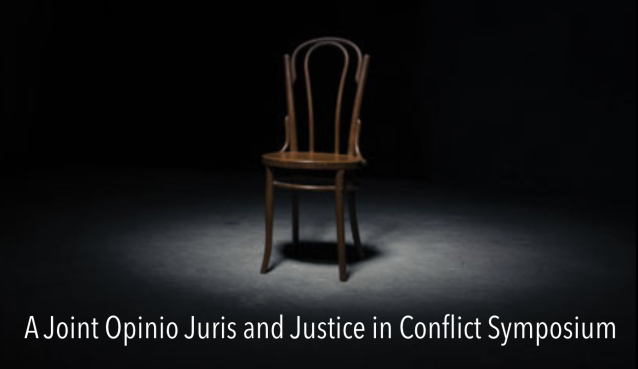
ICC Prosecutor Symposium
The next ICC prosecutor: a joint Opinio Juris and Justice in Conflict symposium The following symposium was organized by: Mark Kersten, Senior Consultant at the Wayamo Foundation and creator of the blog Justice in Conflict Kevin Jon Heller, Associate Professor of Public International Law at the University of Amsterdam and Professor of Law at the Australian National University; Patryk I. Labuda a Postdoctoral Scholar at the Fletcher School of Law and Diplomacy; and Priya Pillai, a lawyer and international law consultant. Quite naturally, the world’s attention has been focused on the terrible suffering created by the COVID-19 pandemic. Life, however, goes on – including at international institutions. The International Criminal Court (ICC) is a case in point: with Fatou Bensouda’s tenure as the second Prosecutor in the Court’s history coming to an end, the Assembly of States Parties (ASP) is gearing up to elect her successor. The deadline for applications closed last November, and the ASP-appointed Committee on the Election of the Prosecutor is scheduled to hold interviews on April 24. We should know who the leading candidates will be not long after that. It is difficult to overstate the importance of the election. Even the ICC’s most enthusiastic
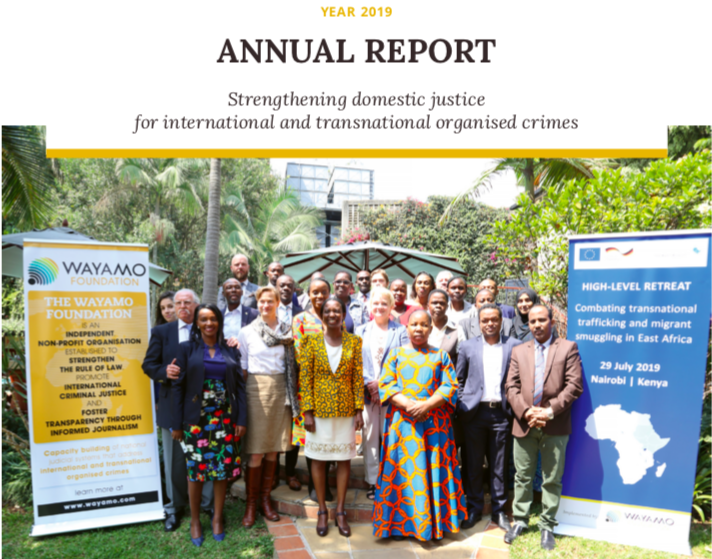
2019 Annual Report
2019 was a busy and productive year for the Wayamo Foundation. Over twelve months, Wayamo’s public profile grew with the carrying out of four major events in Ghana, Kenya, Uganda and The Netherlands respectively. In all, over 637 participants attended Wayamo events in 2019. In 2020, Wayamo will continue to promote justice and accountability through its capacity-building programmes in Nigeria and East Africa, working with governments, civil society and media in line with its longstanding commitment to foster constructive engagement and compromise. Wayamo believes that strengthening domestic judicial capacity to address international and transnational organised crime is one of the most effective ways to fight impunity. We are most grateful to all our partners and donors for their untiring and generous support, and hope that we can make a contribution, no matter how modest, to ensuring that justice is done. Click here for the full 2019 annual report.

